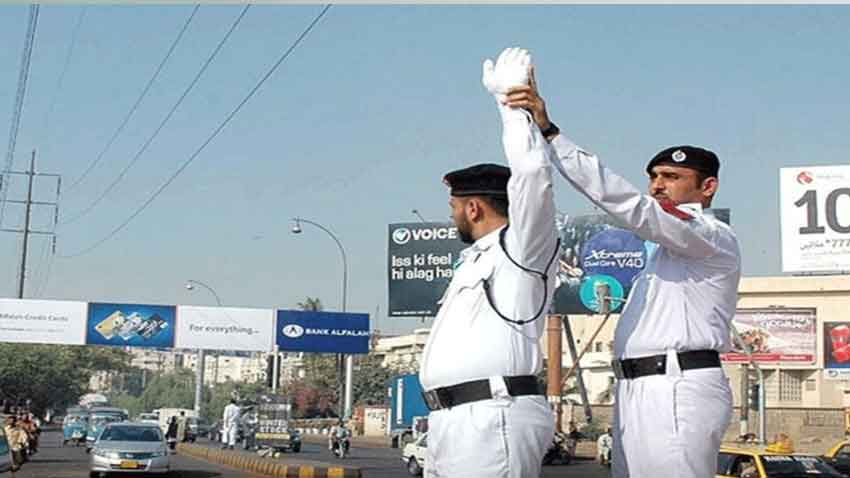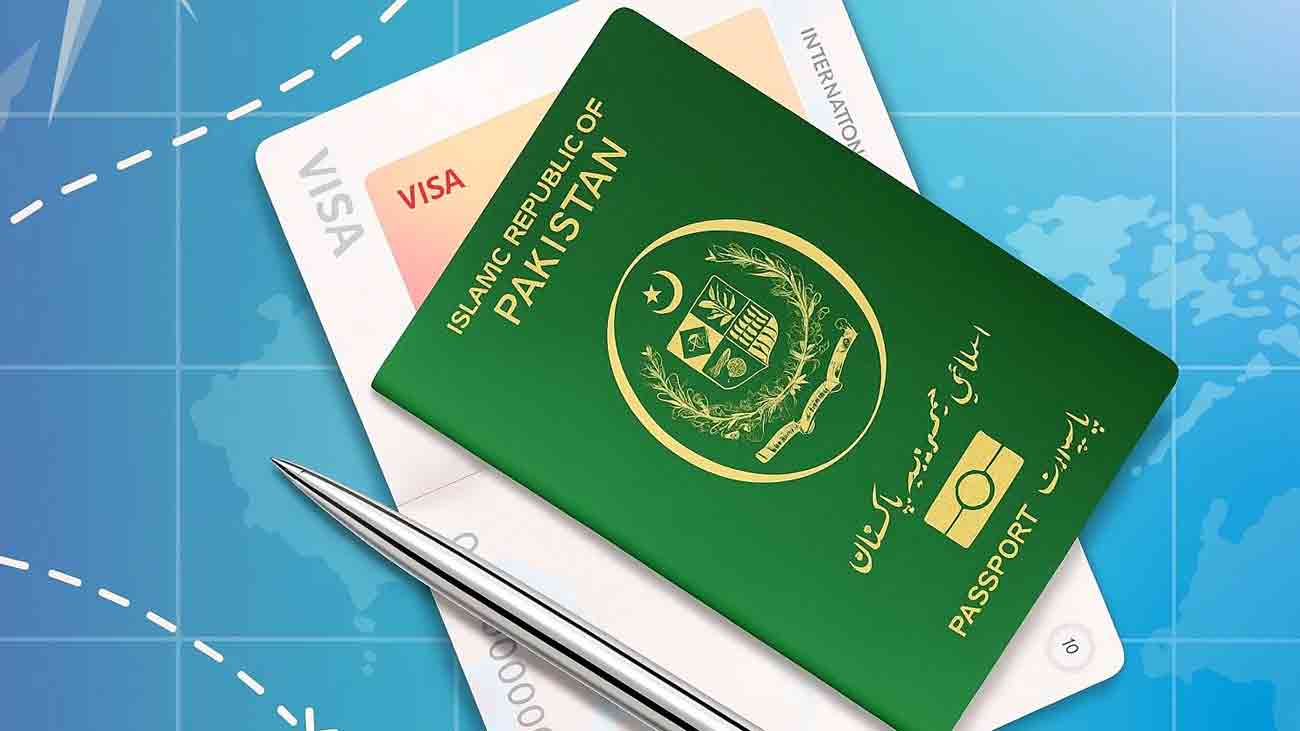
According to the newly issued notification, a detailed fine schedule has been released, outlining higher penalties for all categories of vehicles. The move aims to discourage dangerous and negligent driving that often leads to fatal road accidents.
Motorcyclists who exceed the speed limit will now face a fine of Rs5,000, while car and taxi drivers will be charged Rs10,000. For public service and light transport vehicles, the fine has been set at Rs15,000, and for heavy transport vehicles, it will go up to Rs20,000.
Driving without a license will also carry tough penalties. Car drivers will pay Rs20,000, public service drivers Rs25,000, and heavy vehicle drivers up to Rs30,000. Meanwhile, careless or negligent driving will cost car owners Rs25,000, and public service and heavy vehicle operators Rs50,000 each.
Strict action will also be taken against illegal parking. Motorcyclists who park on footpaths or outside designated zones will be fined Rs2,000, while cars and other vehicles will face penalties ranging from Rs10,000 to Rs20,000, along with two demerit points on their driving record.
Read more: ASI and constable posts open in Pakistan Railway – check eligibility and last date
Government officials said the new traffic laws were implemented to protect lives and reduce the number of road accidents caused by reckless behavior. Authorities hope that stricter enforcement will encourage citizens to follow road safety regulations.
Sindh’s new traffic fine system marks a major shift in road regulation enforcement. By raising penalties up to Rs100,000, the government is sending a clear message that traffic indiscipline will no longer be tolerated. Experts believe that such heavy fines, if implemented strictly, could significantly reduce accidents, though they warn that fair enforcement will be crucial to the law’s success.




